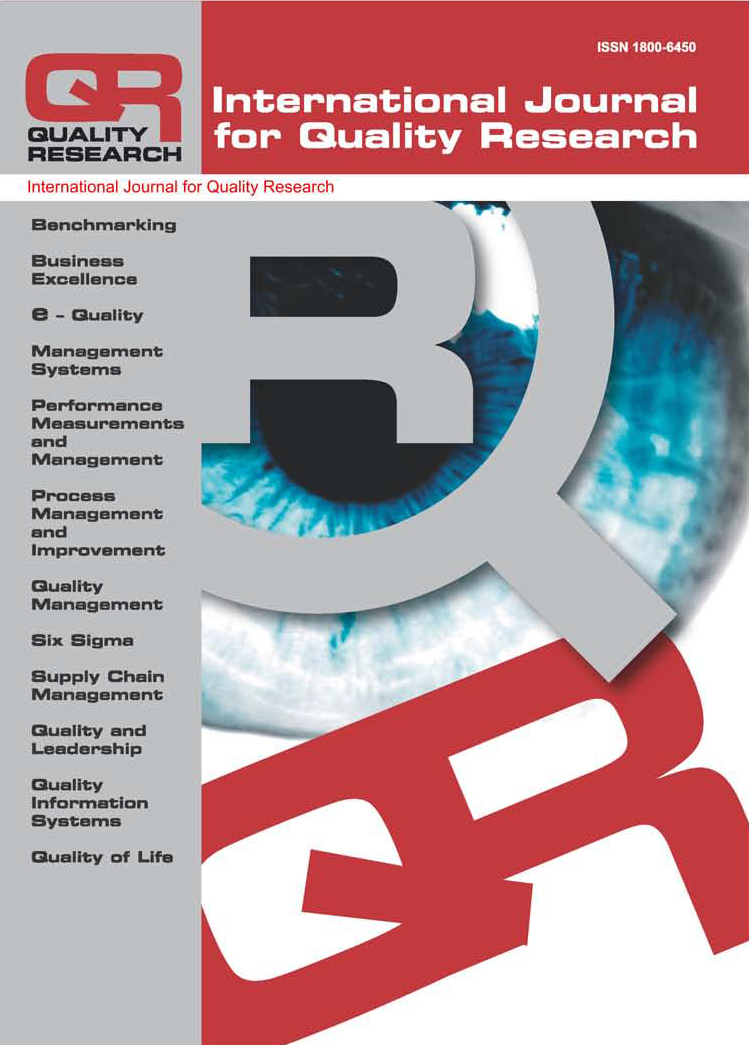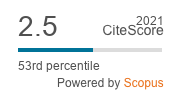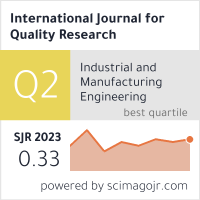DIGITAL TRANSFORMATION
AND GLOBAL INEQUALITY
Gilberto Santos,
Maria D. Magalhães,
Sandro Carvalho,
Ricardo Jorge Pinto,
Maria João Félix,
Joanna Rosak-Szyrocka
Abstract: Developing Countries will continue being Developing Countries for a long time, if they are unable to conceive and design new products with their own technology in their own companies. Technological Development based companies are necessary and technical universities can contribute to these activities if a good technological policy, complementary to the research policy, is implemented by their governments. Scientific researchers and engineers must work together to develop new products able to enrich the economy of their own countries. Achieving Innovation is very difficult, or even impossible, without Technological Development, even if a country does a lot of scientific research; it is imperative for Developing Countries, to achieve economic value from scientific knowledge to improve its own living standard. Presently, we are on the threshold of the 4th Industrial Revolution, where digitalization is essential. However, the value created in wealthy countries that design products will tend to increase therefore, the worth of labour in production processes will tend to decrease. Thus, digitalization and the 4th industrial revolution will tend to widen the gap between developed and Developing Countries. If nothing it's done to counter these trends, Digital Transformation will make poor countries poorer and rich countries richer. The already enormous gap in inequality will worsen.
Keywords: Digital transformation; Inequality; Innovation; Product development
DOI: 10.24874/IJQR16.04-22
Recieved: 25.12.2021 Accepted: 25.05.2022 UDC: 330.341.1
Reads: 1327 








